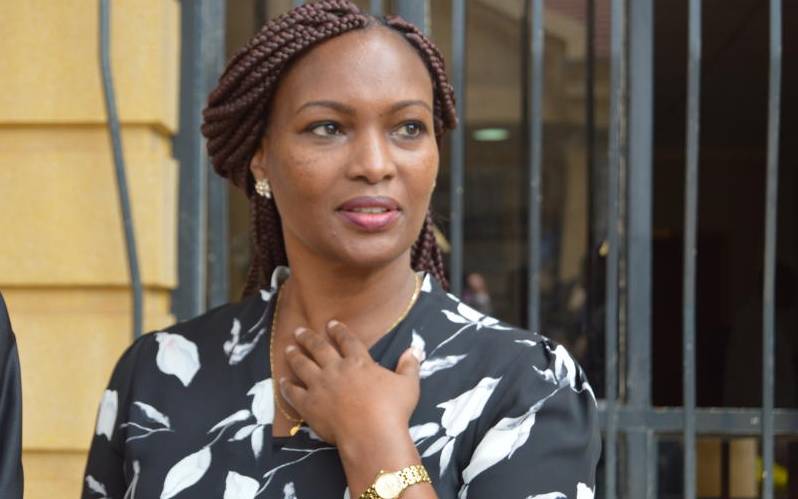×
The Standard e-Paper
Home To Bold Columnists

Widow of the late Dutch tycoon Bob Cohen, Sarah Wairimu Cohen at Milimani law courts after the court gave orders allowing her to access her matrimonial home and collect her personal effects including clothes and shoes. Her case is one of the major cases held back by Covid-19 restrictions.[George Njunge, Standard]
It has been one year since the murder of businessman Tob Cohen. His widow, Sarah Wairimu, is fighting to clear her name after she was accused of having a hand in his death.